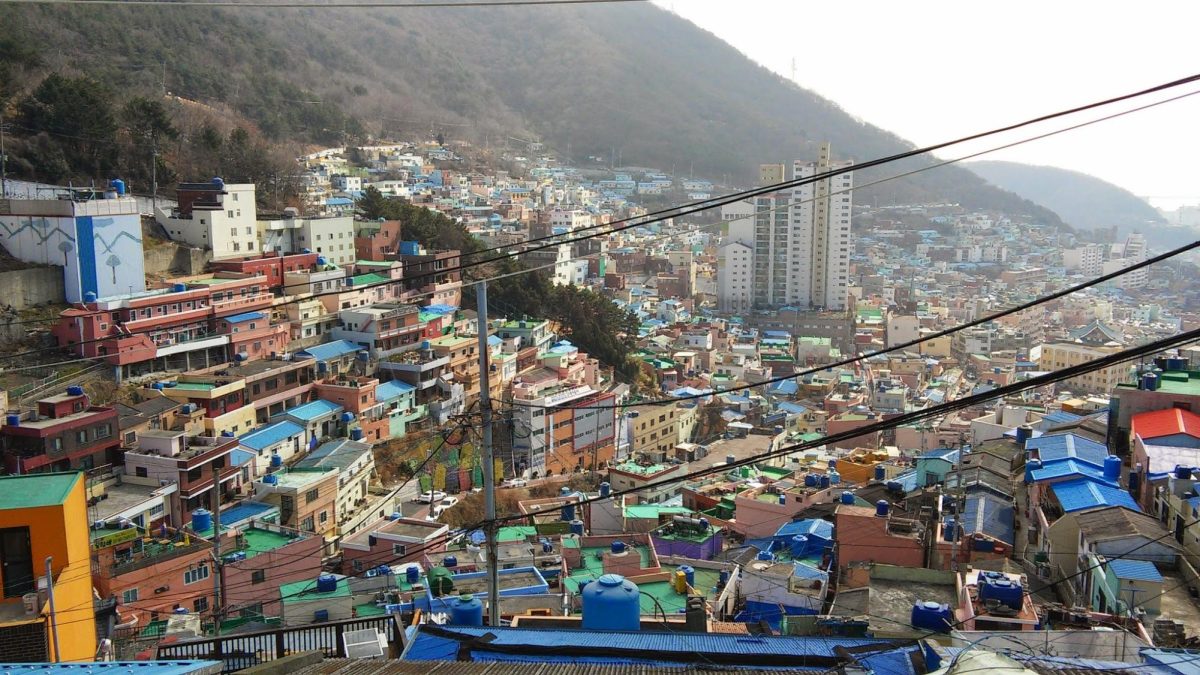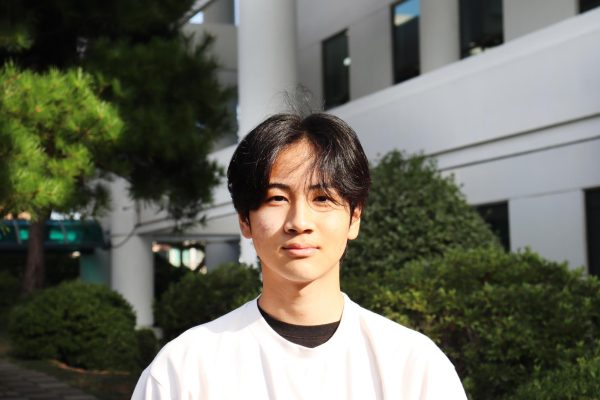As one approaches the beautiful territories of SIS, a disastrous scene unveils in front of them; also called the “shantytown” by many of the SIS community, there lies a huge area of land that seems either underdeveloped or abandoned.
Bundang, where this shantytown is located, was first named as Bundang New Town by the Korean government, aiming towards creating a highly funded and developed town that would potentially be the new home for many. The Korean Land Corporation began the construction of the town in 1989, and, ever since, the development of Bundang New Town has been in the process of re-developing the old, run-down areas into new, modern infrastructure.
However, the funding for this development has been inconsistent and inadequate. Creations of these new towns in Korea are great opportunities for corrupt politicians and profit-centred construction companies to gather huge amounts of money through fraud and embezzlement. In 2021, cadres from the company LH were found sharing information about soon-to-be-developed lands in Bundang with real estate agents so that they could invest in these lands before development. This issue of corruption and crime was also an issue in 1989 and 2003 when the government attempted to create the first and second new towns.
“Wir-ye is an exception to previous new towns because it was properly administered by the government,” Dominic Hahm (11), a resident of Wir-ye New Town, said. “The undeveloped land in front of SIS on the other hand is a problem, with conflicts arising between the residents and the government due to the lack of trust between them.”
The creation of this “slum” is also due to the current situation with hyper-inflated prices of houses and land. Due to these high management fees, businesses and commercial actors do not have an incentive to move into these new towns, which removes the profitability of the entire commercial districts. This is the exact reason behind the issue of the shantytown in front of SIS; no new businesses are willing to move in, which leaves the land either empty and uncared for, or occupied by old businesses that fail to generate sustainable revenue.
“I think it is mainly the government’s fault, but it can not be blamed solely on one president.” Jung-Hwan Park, a business owner in Wir-ye, said. “President Moon indeed failed to control the land prices, but the corruption that has been going behind the scenes is the fault of the corrupt prosecution department and also the elite class, which includes individuals like the current President Yoon.”
However, this issue can not be solely blamed on the residents and business owners. Rather, the bigger fault lies in the government. Public development is supposed to happen in areas where the market can not operate without government intervention and support, yet the current Korean government is so deeply embedded with populism that politicians who make false promises or forecasts regarding land and infrastructure development receive all the votes from heads of local governments.
The SIS shantytown, therefore, cannot be deemed as a coincidental phenomenon where a government project failed. This pattern of “slumification” of cities can be seen in almost every one of the Korean government’s past New Town projects. Pan-Gyo, one of the biggest city development projects in Korea with estimated development costs of over 7.5 trillion won, was once predicted to become the new IT city, leading the technological industry of the nation. Yet, currently, Pan-Gyo is an isolated bed-town; only a handful of service-providing businesses can pay the high rent, failing to create job opportunities.


